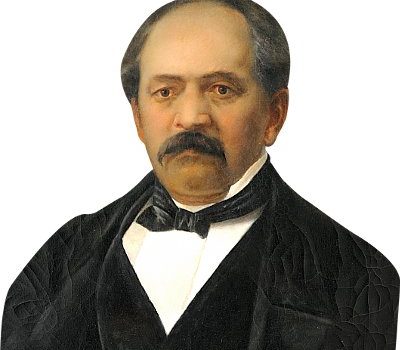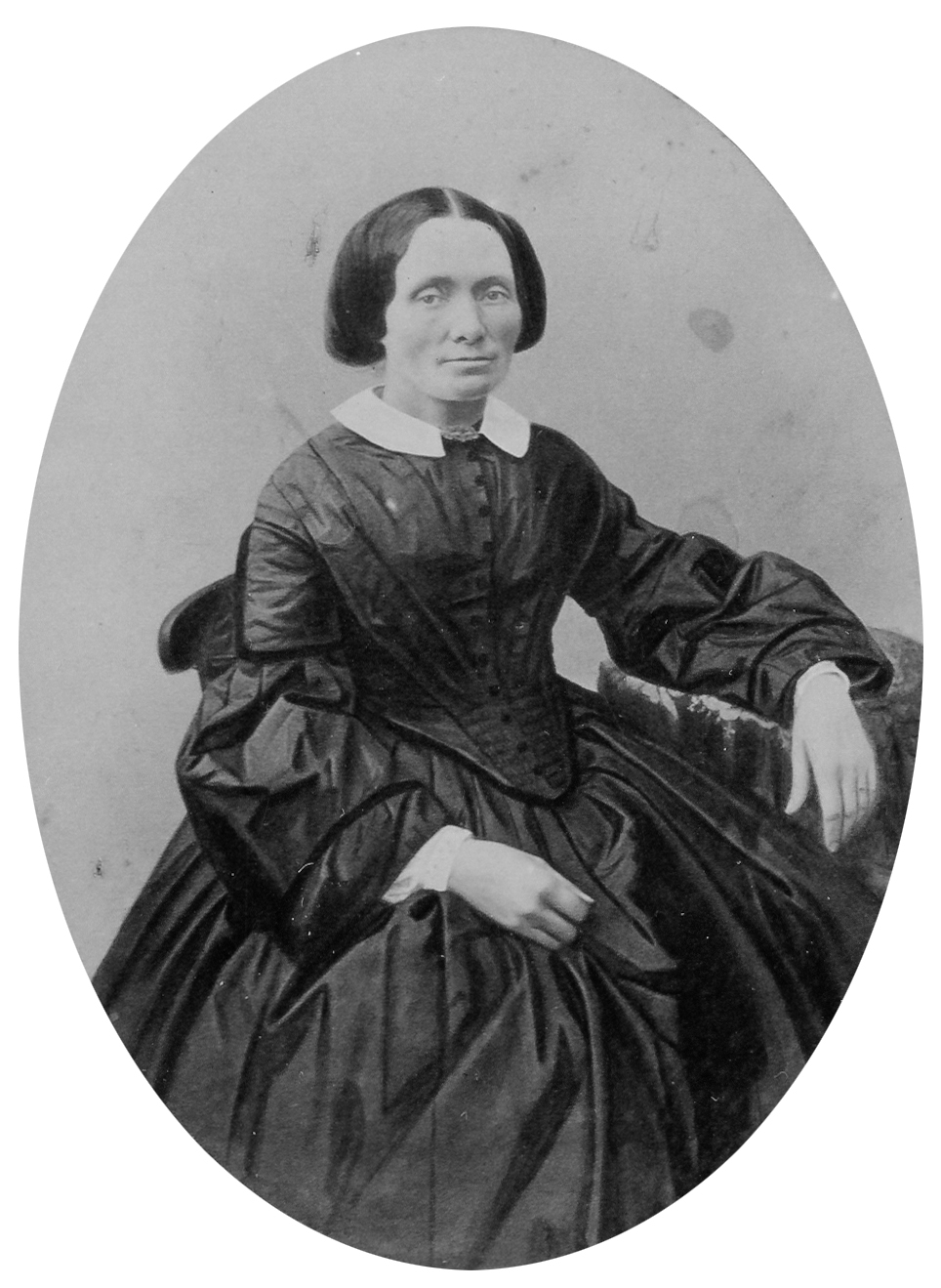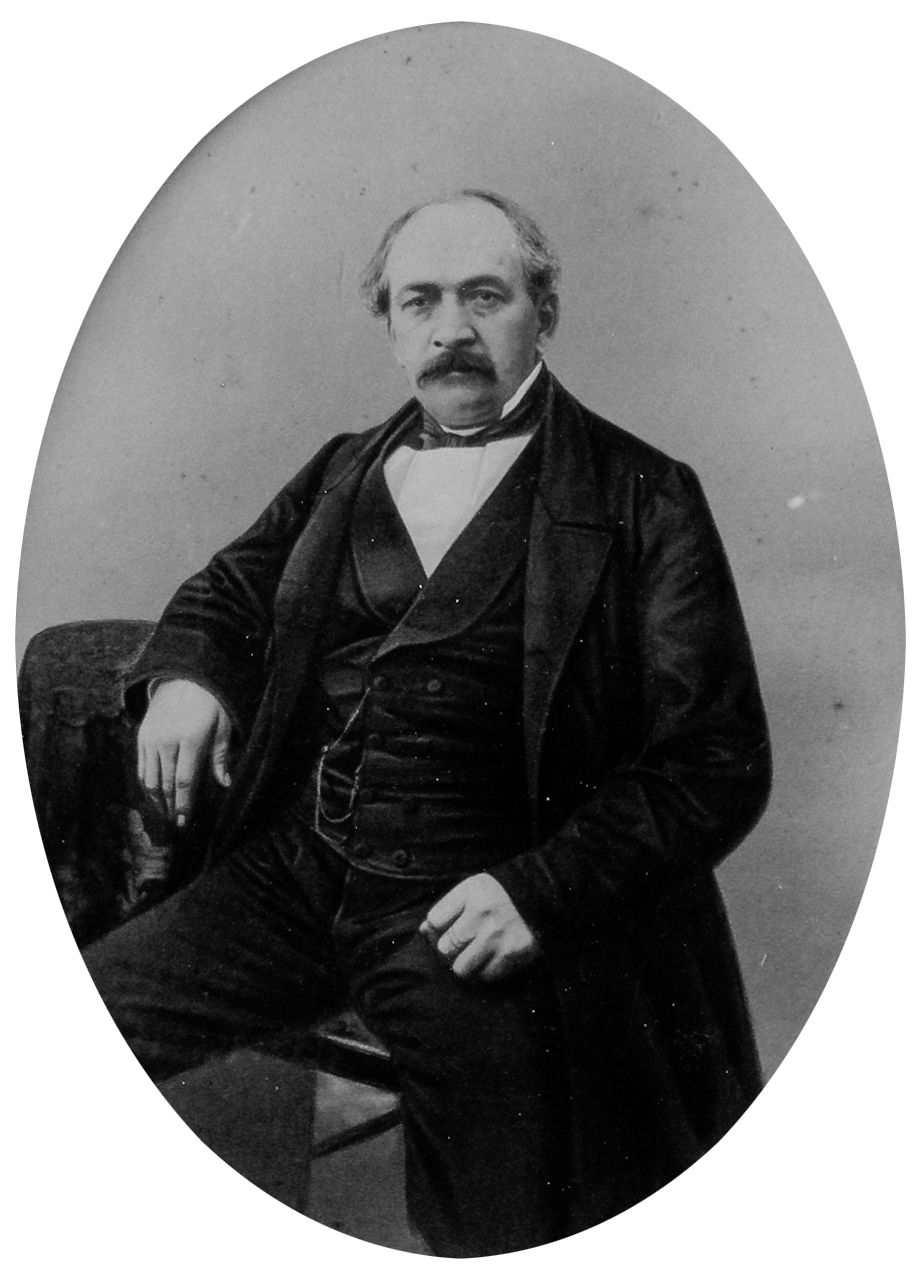Johann Adam Heckel was born on 14 July 1812 in Adorf in Vogtland, as the sixth child of his father of the same name.
The Heckel family is an old patrician family from Eger, whose history goes back to the early Middle Ages. In the 15th century the family settled in Adorf in Vogtland, Saxony.
From a young age Johann Adam learned the trade of instrument-making in Adorf. After his apprenticeship he went on a journey. In 1829, his travels led him to Mainz and to the instrument maker workshop of Schott Music Publishing, where his uncle, August Jehring, worked at that time.
When at Schott, Johann Adam Heckel came in contact with Carl Almenräder who built bassoons there according to his own ideas. Right from the start, Carl Almenräder was enthusiastic about Johann Adam’s craftsmanship and his understanding of acoustics, and soon founded his own company with Johann Adam, who was only 18 years old at the time. Thus, on 11 March 1831, the J. A. Heckel and Carl Almenräder bassoon factory.
In 1837, Johann Adam married his future wife, Lisette, and they moved to Biebrich’s Mosbach district, where he began building a new workshop. Together with Lisette, Johann Adam had 11 children during his lifetime. Of these, however, only four girls, Lina, Elisabeth, Emilie and Auguste, and a boy, Wilhelm, reached adulthood.
After Carl Almenräder 1838 left the joint company, Johann Adam was left sole owner. The bassoons that had previously sold under the name Almenräder bassoons were now produced as Heckel bassoons and marketed worldwide. In 1845, Johann Adam Heckel finally acquired a plot of land on what is now Stettiner Straße in Biebrich, where Heckel’s headquarter is still located today. The same year he was appointed instrument maker to the court of the Duke of Nassau.
Johann Adam Heckel undertook countless business trips abroad. In 1845, he travelled to St. Petersburg to present his instruments to the influential greats of the music world. This was the start of a large number of bassoon orders from the Russian Empire.
In 1851, he undertook another journey, this time to the Great Exhibition, in London where Johann Adam made important business contacts and received his first diploma. Only one year later, he participated in the exhibiton at the Académie Nationale de Musique in Paris, where he was awarded another diploma.
In 1862, Johann Adam Heckel first met the composer Richard Wagner. Wagner was in Biebrich at the time to work on his opera Die Meistersinger. Above all, the main reason for him to settle in Biebrich was the proximity to his then publisher, Schott, in Mainz. Johann Adam Heckel took advantage of this opportunity to introduce Wagner to his instruments. That was the beginning of a close connection between the Heckel family and Wagner.
On 13 April 1877 Johann Adam Heckel died in Biebrich after a life fulfilled. After the death of Johann Adam, his son, Wilhelm, took over the management of the company.


